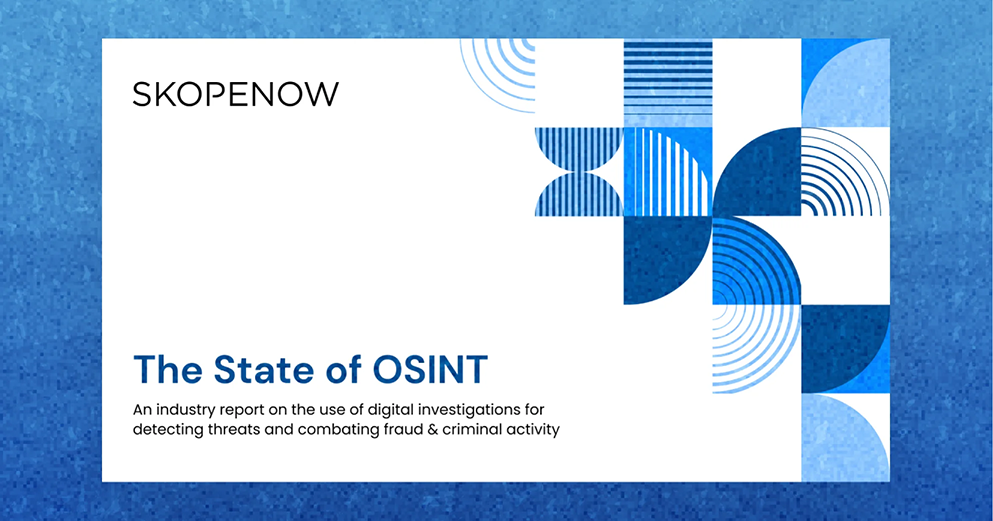September 28, 2021
Stolen Identities: How Fraud is Affecting Pandemic Aid

Everly Warner
Well-researched scams can appear so genuine that they fool the intended marks. As discussed in our recent article on hitman scams, scammers use real-world details and mimic official terminology to make their frauds appear authentic. The COVID-19 pandemic has shown this, with con artists utilizing several methods to exploit the pandemic for their profit. According to the Federal Trade Commission, Americans have lost $145 million to coronavirus-related fraud.
Consumers have filed more than 200,000 reports of fraud linked to the coronavirus, including fraudulent financial relief claims, like stimulus checks and unemployment benefits, fake COVID-19 treatments, and fraudulent charities. The true prevalence of fraud is likely to be much higher than federal figures suggest, as many scams remain unreported. Russian mobsters, Chinese hackers, and Nigerian scammers are also using stolen identities to plunder billions of dollars in COVID-19 benefits, transferring wealth from U.S. taxpayers overseas. But how exactly do these cyber-criminals pull it off?
How Criminals Are Stealing Personal Information
Cyber-criminals targeting unemployment relief took advantage of the weak unemployment verification systems maintained by the government. These scammers purchased bulk quantities of stolen personally identifiable information from the dark web, including names, birthdates, Social Security numbers, and addresses. This information may have originated from breached data from sites like Yahoo and LinkedIn or possibly from prior identity theft from banks, credit rating agencies, health care systems, and retailers.
The bogus claims, in turn, have fleeced taxpayers, delayed legitimate payments, and turned thousands of Americans into unsuspecting identity theft victims. In many cases, when innocent people attempted to file for unemployment benefits, the state informed them that they were already collecting benefits, making them ineligible to receive aid. Other claims are classified as suspicious and take much longer to verify identities, to the disappointment of the legitimate recipients.
Many states are scrambling to update their security systems and block scammers, which may be insufficient to prevent fraud. The scams have become so widespread that the U.S. Department of Justice put aside additional funds to hire more prosecutors. Fortunately, there are plenty of other experts who can assist. Forensic psychology graduates, for one, receive online training in criminal justice, psychology, and social science. Utilizing this training, these graduates could assist investigators in uncovering patterns in criminal behavior and help handle investigations. These alternative experts can help to ease the skyrocketing demand for prosecutors.
State governments are actively trying to resolve this issue but are not publicly disclosing the volume of fraud occurring. Governments may fear that providing any information, no matter how general, could expose further opportunities for criminals to exploit their systems. Unfortunately, this results in many Americans remaining unaware of the need to heighten their data protection.
What You Can Do to Protect Your Data
Technology has become an indispensable part of life since the pandemic began. With devices and apps becoming our main touchpoints for education, work, shopping, and social connections, it’s natural for criminals to adapt to this development. An example of this is digitized scams that revolve around the surge in online commerce and payments that occurred during the pandemic, such as online shopping fraud or food delivery fraud.
The FBI also warns against specific scams like government impersonators, fraudulent cures, and investment fraud (or get-rich-quick schemes). As the FBI investigates these cases, they recommend caution when engaging in online communications, including being wary of attachments or links received and suspicious of anyone offering you something too good to be true. Above all, you should ensure that you are seeking out legitimate sources of information to protect yourself online; a quick Google search can help you verify whether something is a fraudulent scheme or not.

